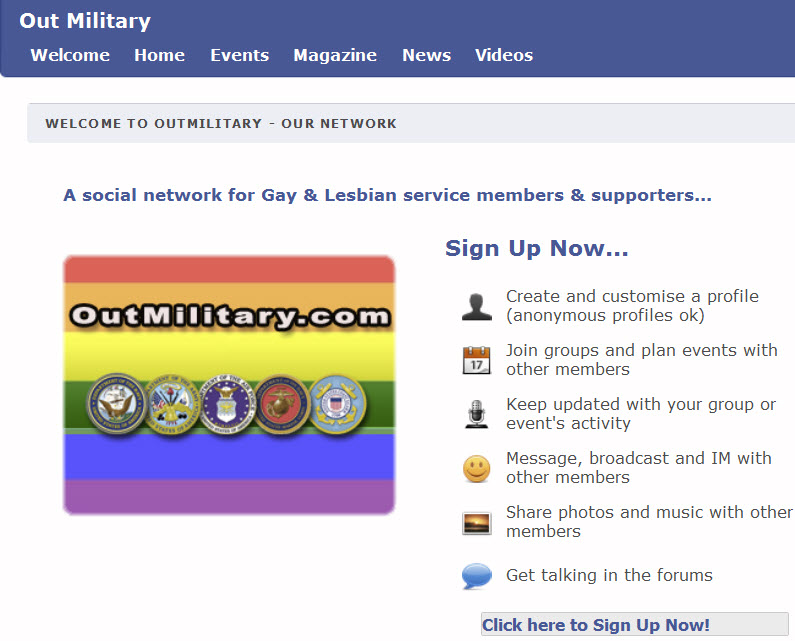Speaking of openly serving homosexuals, interviewed marines said, “They won’t hold up well in combat” and “Maybe they should just take the same route they take with females and stick them to noncombat units.” Oh dear, these Marines are clearly prime candidates for “re-education”.
From here (my emphasis):
But Private Carias, 18, has one major concern: gay men, he says, should not be allowed to serve in front-line combat units.
“They won’t hold up well in combat,” he said.
That view, or variations on it, was expressed repeatedly in interviews with Marines around this town, home to Camp Lejeune, and outside Camp Pendleton in Southern California on Sunday.
Most of the approximately two dozen Marines interviewed said they personally did not object to gay men or lesbians serving openly in the military. But many said that introducing the possibility of sexual tension into combat forces would be disruptive, an argument made by the commandant of the Marine Corps a week before the historic repeal was passed by the Senate on Saturday and sent to President Obama for his signature. ….
In the interviews, the Marines also argued that front-line units living in cramped outposts were encouraged to be extremely tight knit to better protect one another. An openly gay man — only men can serve in combat units — might feel out of place and as a result disrupt that cohesion, they argued.
“Coming from a combat unit, I know that in Afghanistan we’re packed in a sardine can,” said Cpl. Trevor Colbath, 22, a Pendleton-based Marine who returned from Afghanistan in August. “There’s no doubt in my mind that openly gay Marines can serve, it’s just different in a combat unit. Maybe they should just take the same route they take with females and stick them to noncombat units.”…..
“Showers will be awkward,” Private Tuck said outside a shopping mall here, expressing a worry mentioned by just about every Marine interviewed. “But as long as a guy can hold his own and protect my back, it won’t matter if he is gay.”
But a friend of Private Tuck’s injected a note of skepticism. “It won’t be totally accepted,” said Pvt. Justin Rea, 18, from Warren, Mich. “Being gay means you are kind of girly. The Marines are, you know, macho.”
Several combat commanders, all of whom spoke on the condition of anonymity because they had not been authorized to speak publicly on the issue, expressed concerns. An Army platoon sergeant who recently led front-line soldiers in Afghanistan, and who supported the ban’s repeal, said he envisioned a difficult transition period during which harassment of openly gay troops would be common.
“They were kicking people out for being homosexual, and now they will be kicking people out for picking on homosexuals,” the sergeant said.
Chaos and confusion unnecessarily injected into the military during wartime all because of a liberal addiction to half-witted, politically correct tomfoolery.
Like this:
Like Loading...


